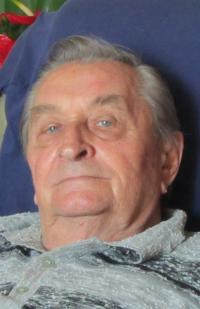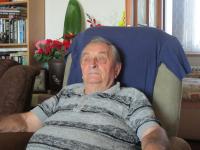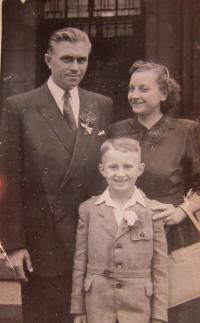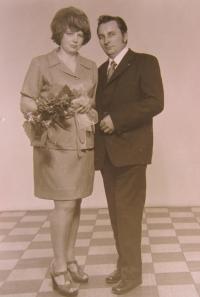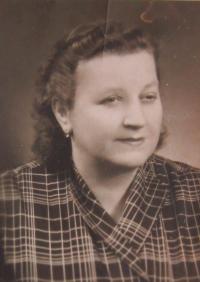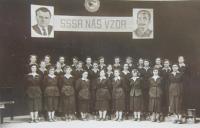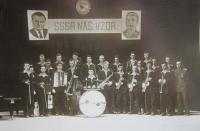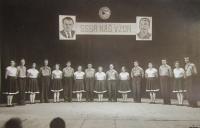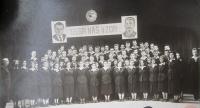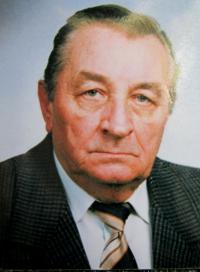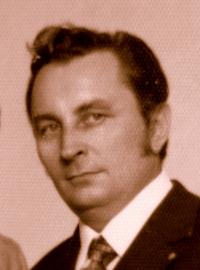I had a complicated case and for that they would probably hang me
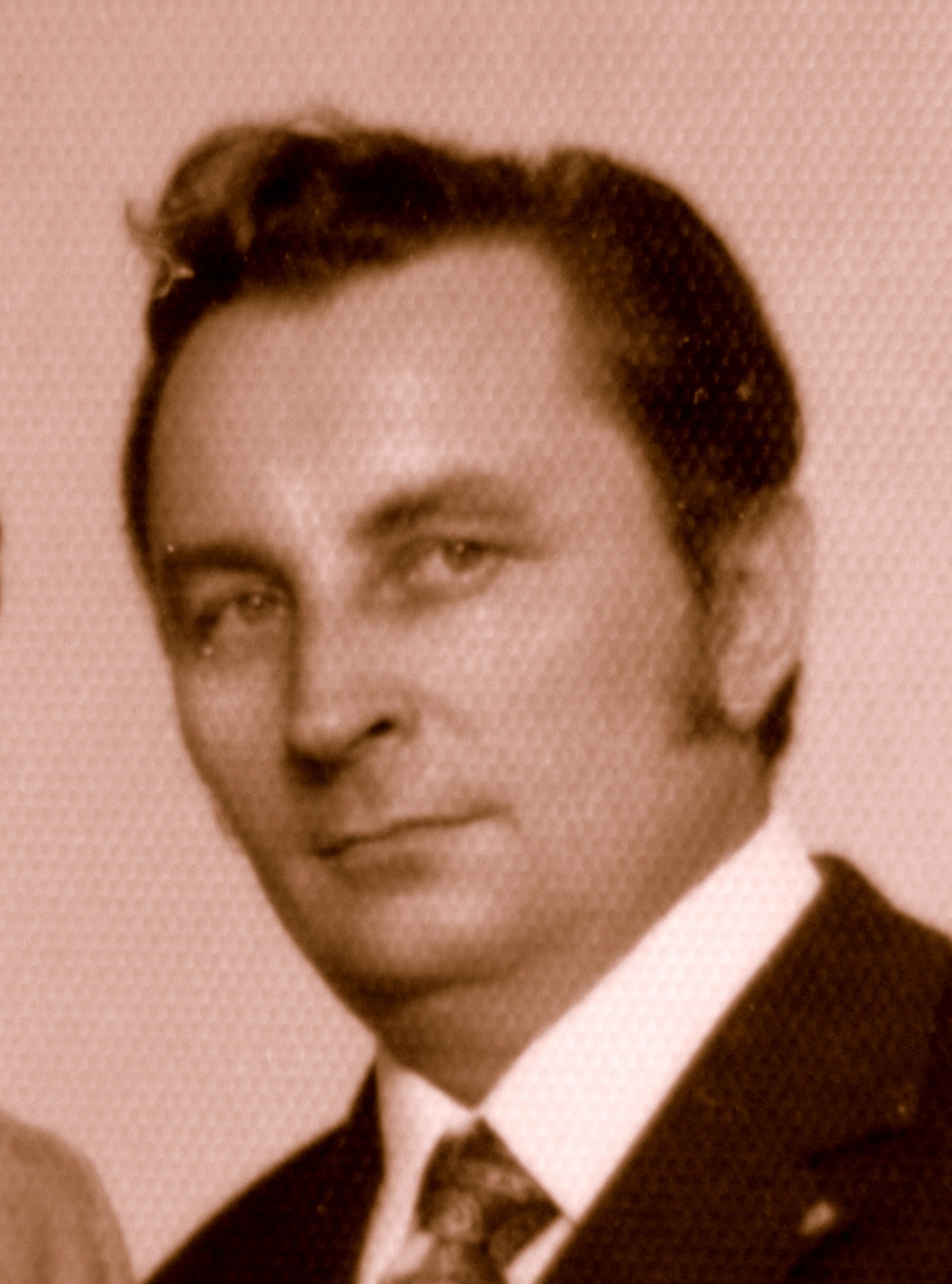
Download image
Dr. Andrej Gjurić was born in 1938 in Prague. His father, Dr. Alexandar Gjurić, M.D. was an outstanding doctor, a specialist in gastroenterology. He came from Bosnia and since 1923, he worked at the II. internal clinic of the Charles University in Prague. During the Second World War, Alexandar Gjurić, with his brother in law Vladimír Vacek and friend František Procházka, got involved in the local anti-Nazi resistance movement. They cooperated in particular with Vladimír Klecanda and Vladimír Krajina, and with the Political Center of the national resistance movement and the organization Central Leadership of Homeland Resistance (ÚVOD). Gjurić used his contacts in his native country and organized the so-called “Yugoslav tunnel” that was used for funneling messages and people from Czechoslovakia. Unfortunately, their activities did not escape the Gestapo. In April 1941, Vacek and Procházka were arrested and in April of the following year, the Gestapo came for Alexandar Gjurić as well. A year later, all of them were sentenced by a People’s Court in Dresden to death for treason. On July 10, 1944, Vacek and Procházka were executed. Gjurić was guillotined on August 16, 1944. He left behind his wife Dahlia, née Vacková, and young sons Andrej and Alexander. Andrej’s aunt, professor Růžena Vacková, narrowly escaped execution at the end of the war for also being involved in resistance activities. The family struggled to make a living and after 1948, it was subjected to further persecution. In 1952, Růžena Vacková was imprisoned by the communist regime and she wasn’t released until 1967. Andrej Gjurić studied librarianship, but soon he began to take an interest in psychology. He at first worked in the university library, then as a research assistant at the Institute of Culture and Journalism of the Charles University. In 1968, he actively participated in the activities of the Club of the Committed Non-Partisans. For this reason, he was forced to leave his job at the university in the beginning of the so-called “normalization” period. In the years 1970-1975, he worked as a corporate psychologist in the company Geoindustria, later as a consultant for a marriage counselling office specializing in marital and premarital counseling in Prague. After November 1989, he became involved in politics. He ran and was elected to the Czech National Council for the Civic Forum and later he served as a member of the Chamber of Deputies until 1996. In 1991, he co-founded the Civic Democratic Party (ODS). In 1996, he unsuccessfully ran for the Senate for the ODS in Příbram. Later, he was briefly a member of the Freedom Union. Starting in 1999, worked as a secretary of the interdepartmental commission for the family and children at the Office of the Cabinet of the Prime Minister. He died on September 27, 2015.
